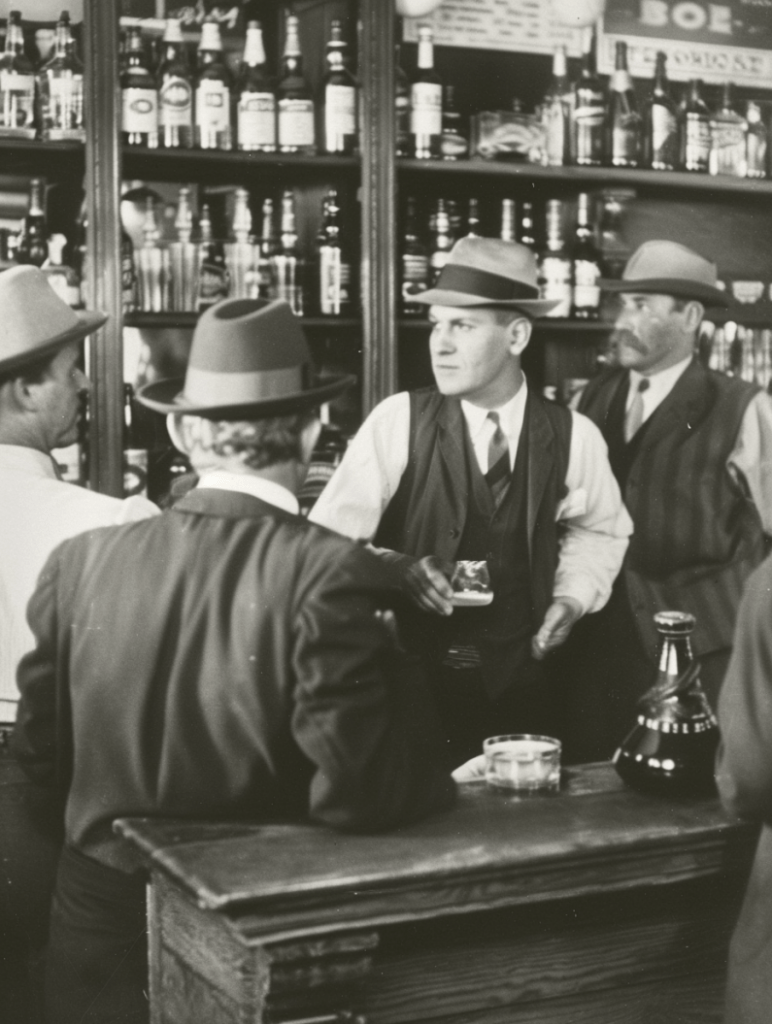On This Day, March 22, 1933, President Franklin D. Roosevelt signed the Beer and Wine Revenue Act, also known as the Cullen–Harrison Act. This pivotal legislation marked a significant step towards the repeal of Prohibition in the United States. By legalizing the sale of beer and wine with an alcohol content of up to 3.2 percent, the act provided a legal avenue for the consumption of alcoholic beverages, effectively ending a 13-year nationwide ban.
The passage of this act not only reflected a changing societal attitude towards alcohol consumption but also served as an economic strategy to generate revenue for the federal government during the Great Depression through taxes levied on these beverages. The Beer and Wine Revenue Act was a precursor to the ratification of the 21st Amendment later in December 1933, which fully repealed Prohibition and restored the American right to manufacture, sell, and consume alcoholic beverages.
President Roosevelt’s decision to sign this act into law was met with widespread public approval and demonstrated his administration’s commitment to addressing both the economic challenges and the cultural divisions of the era. The legalization of beer and wine under the Cullen–Harrison Act is remembered as a landmark moment in the history of American law and society, signifying a move towards more progressive policies concerning alcohol.
